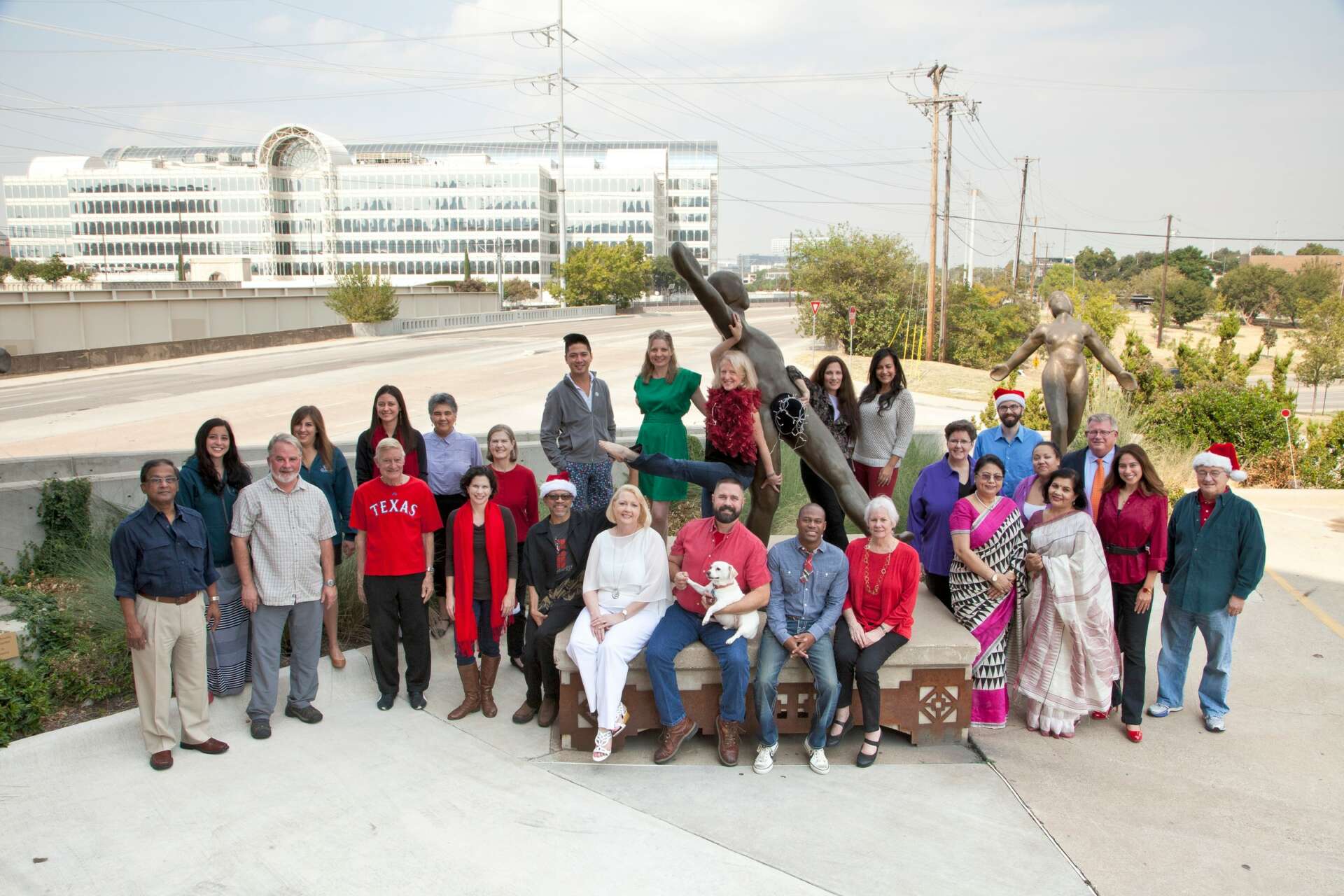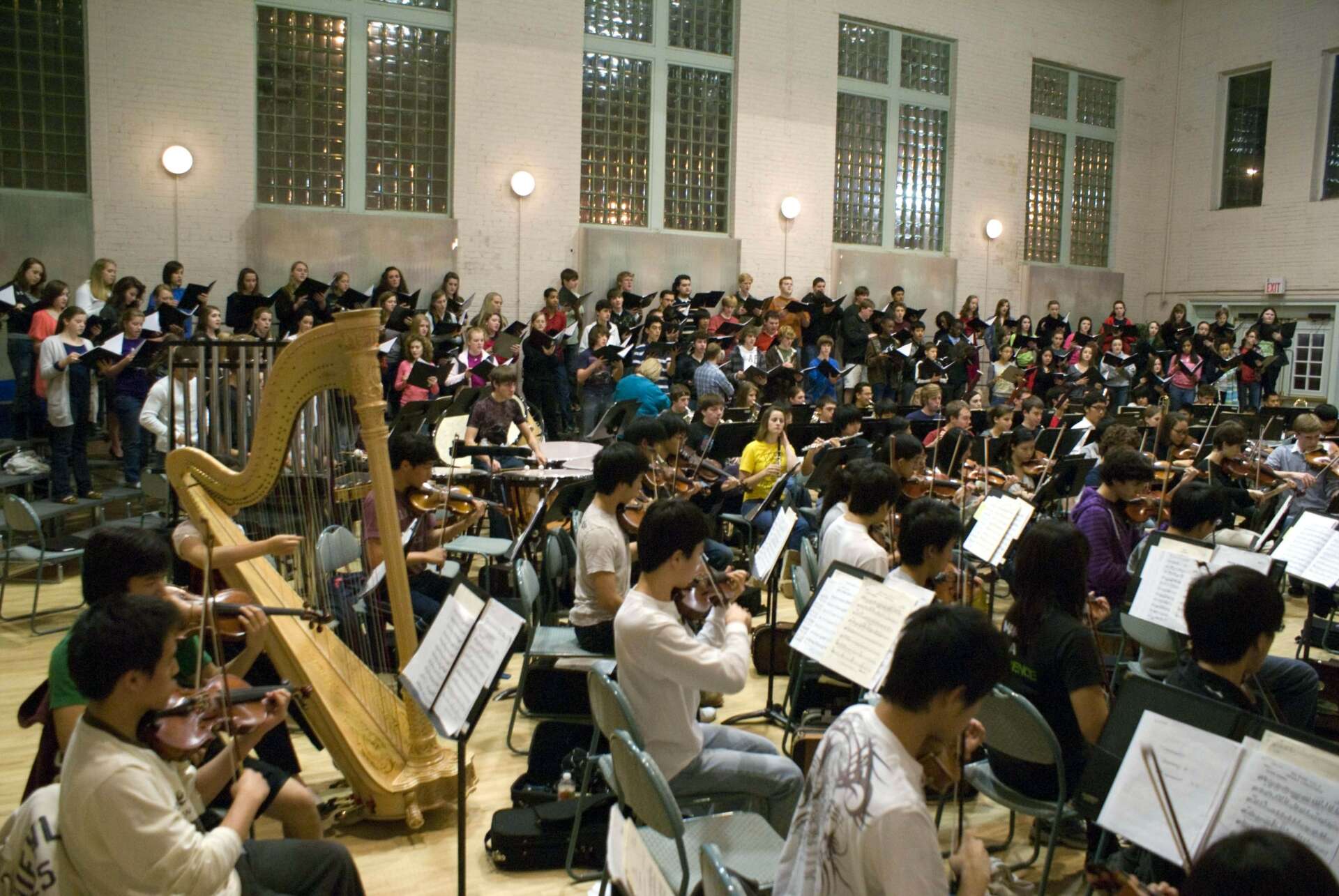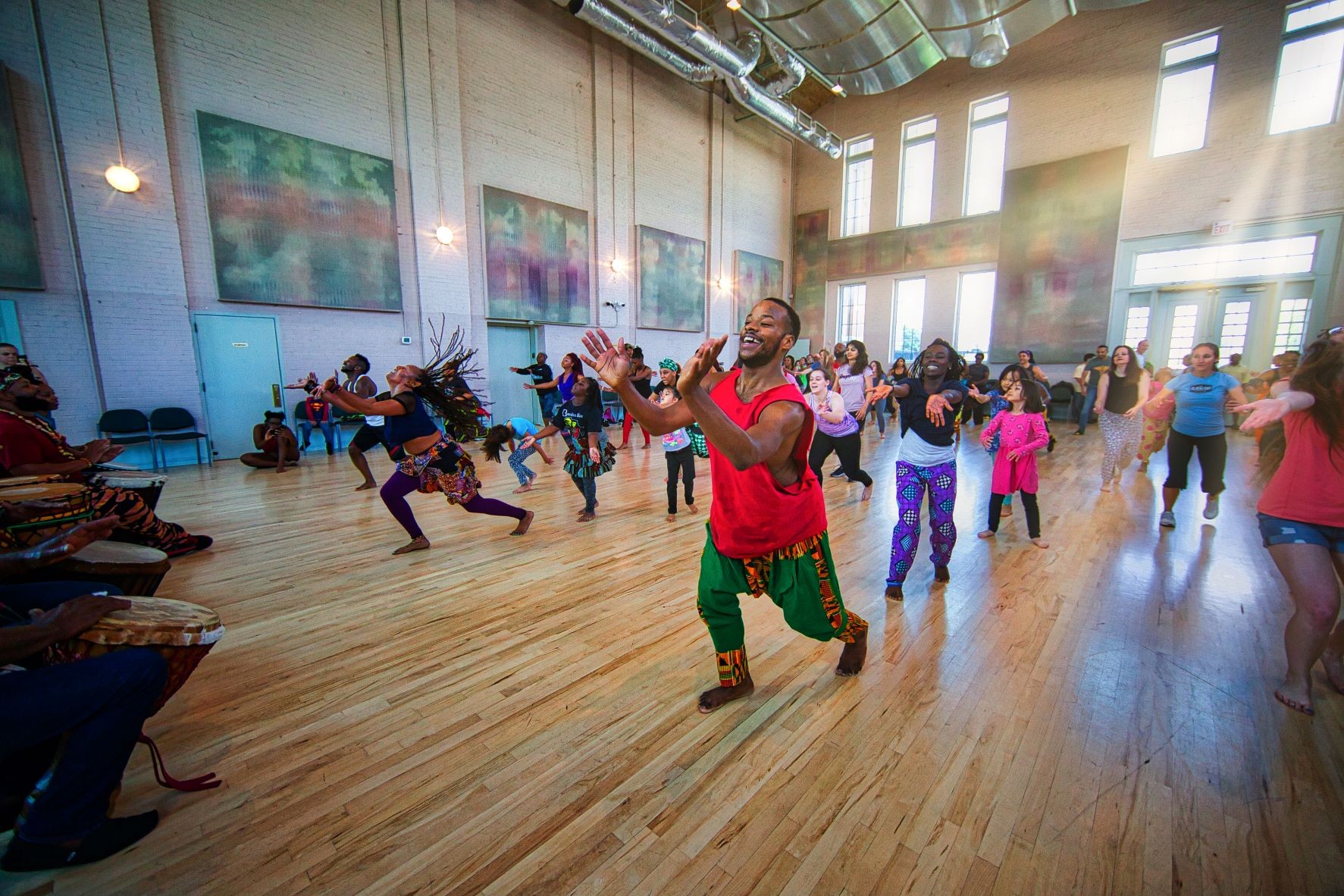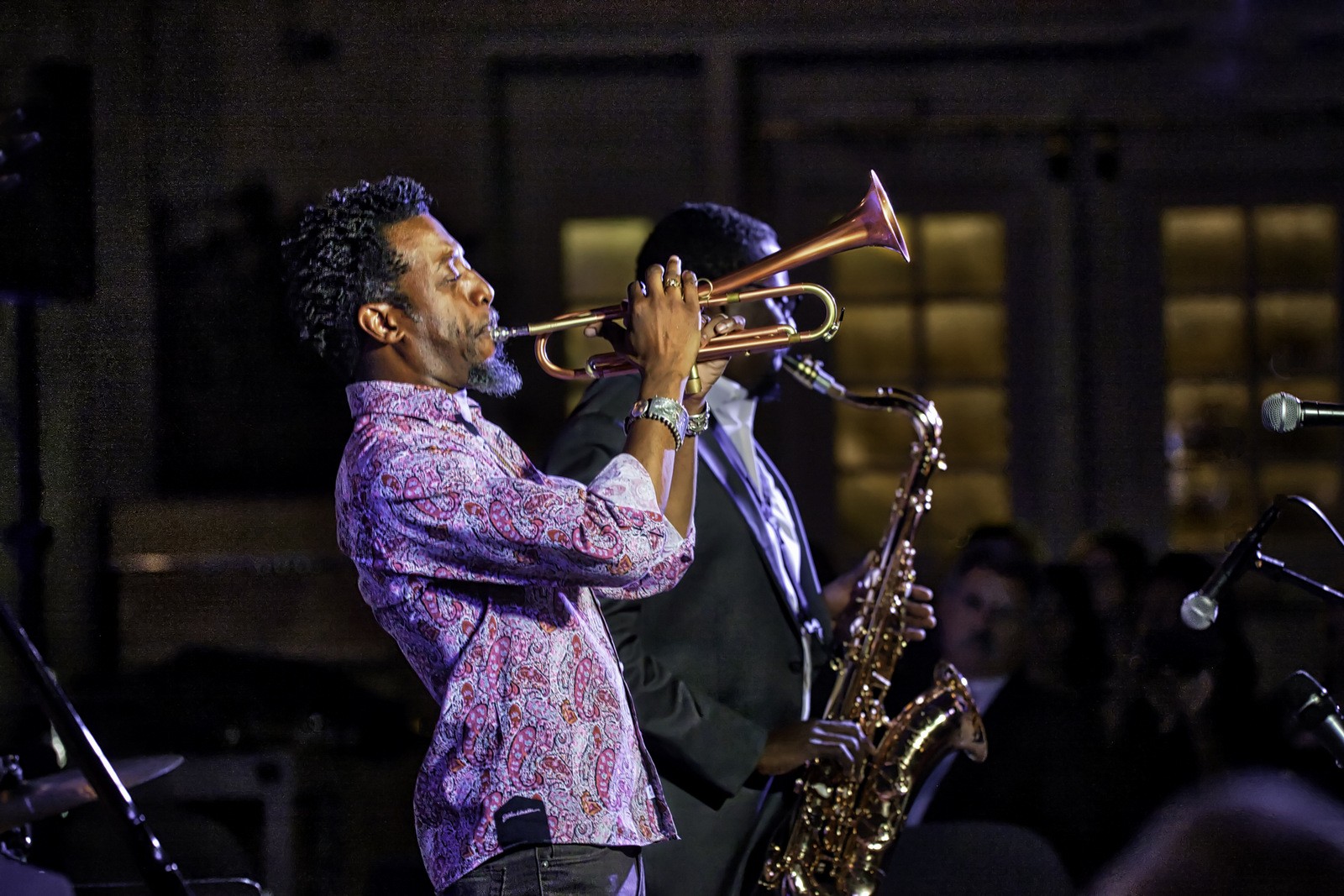We’re excited to introduce you to the always interesting and insightful Joanna St. Angelo. We hope you’ll enjoy our conversation with Joanna below.
Alright, Joanna thanks for taking the time to share your stories and insights with us today. Was there an experience or lesson you learned at a previous job that’s benefited your career afterwards?
I learned a lot of valuable things at previous jobs. Even some of my very early work experiences gave me insights and skills I still use today. When I was in college I worked for a caterer and learned to coordinate large events such as dinners, wedding receptions, etc. These types of events have many moving parts, and always there are unforeseen challenges or things that go wrong, so learning to solve problems on the fly, keeping all complex elements working together on schedule, and ensuring the event was seamless to those who were attending in spite of challenges, was great training for managing a performing arts center and producing performances. I learned entrepreneurial skills helping my husband get his commercial photography studio established which was also great training because you are forced to take on job skills and duties whether you have the experience or not. Later I worked briefly for a tech start-up where I learned a lot about how corporations function and got hands-on experience in virtually every part of the organization. All these skills have helped me to develop the managerial expertise to run a thriving arts center/arts incubator.

As always, we appreciate you sharing your insights and we’ve got a few more questions for you, but before we get to all of that can you take a minute to introduce yourself and give our readers some of your back background and context?
My path to becoming the Executive Director of an arts center was a long and winding odyssey. Unlike many people, I did not have a clear idea of what I wanted to do as a profession. I was always interested in the arts and majored in art in college, but early on, I did not work in the field. Looking back, I can see that I needed all the disparate work experiences I had to be able to do the unique job I have today. It has become my life’s work and I am most proud of being able to develop the oldest and largest arts incubator in the country. No one had ever heard of anything like this when we started this project, but that was actually a benefit since we were able to grow the concept organically by responding to the needs of the artists and keeping our focus on the mission which is to “Grow the Arts.” The Sammons Center for the Arts is now a national model for other communities who are interested in the development of arts incubators. I am also proud that we have been able to produce Jazz and Cabaret concerts focused on presenting local artists. Additionally, I work a lot as an arts advocate on behalf of all the artists and arts groups in Dallas, because artists need a champion. They are not always valued as they should be.

In your view, what can society to do to best support artists, creatives and a thriving creative ecosystem?
The first thing that is needed to support artists is to respect and appreciate them and their work as an essential part of the ecosystem. Art is often considered a non-essential luxury or something that is nice to have but not as important as other areas in our lives. Those of us involved in the arts as a business or a way to make a living understand that art is everywhere and is an element in everything that is created. If you look at Steve Jobs and his approach to creating Apple, his emphasis on the aesthetic elements are what made Apple a success. Albert Einstein said “Art is the expression of the profoundest thoughts in the simplest way.” Too often artists must work at something other than their art to have a roof over their heads and are not considered as valuable as people who work in other professions. I am frequently asked to recommend a musician or a band that will perform at no charge for a fundraising event where they will be paying the caterer and the bartender, but expect the musicians to perform for free even though they have the same bills to pay. This is emblematic of how many people view artists as dilettantes. We need to make society understand that creativity is at the heart of every invention. Neuroscience has proven that humans are hardwired to be creative.

Are there any books, videos or other content that you feel have meaningfully impacted your thinking?
There is book that was just published this year, “Your Brain on Art” by Susan Magsamen and Ivy Ross that has become a New York Times Bestseller. It looks at the science of neuroaesthetics that delves into the proof of how participating or experiencing art impacts our bodies and our brains. I have read it twice because it completely resonates with my intuitive perception about how the arts affect us. It shows how different artistic disciplines can actually resolve or affect mental and physical problems. I believe this new knowledge will have a huge impact on arts practitioners and offer profound benefits to society.

Contact Info:
- Website: www.sammonsartcenter.org
- Instagram: https://www.instagram.com/sammons_center/
- Facebook: https://www.facebook.com/SammonsCenterForTheArts/
- Youtube: Sammons Center for the Arts – YouTube
Image Credits
Bart Marantz Eyebmphotography


